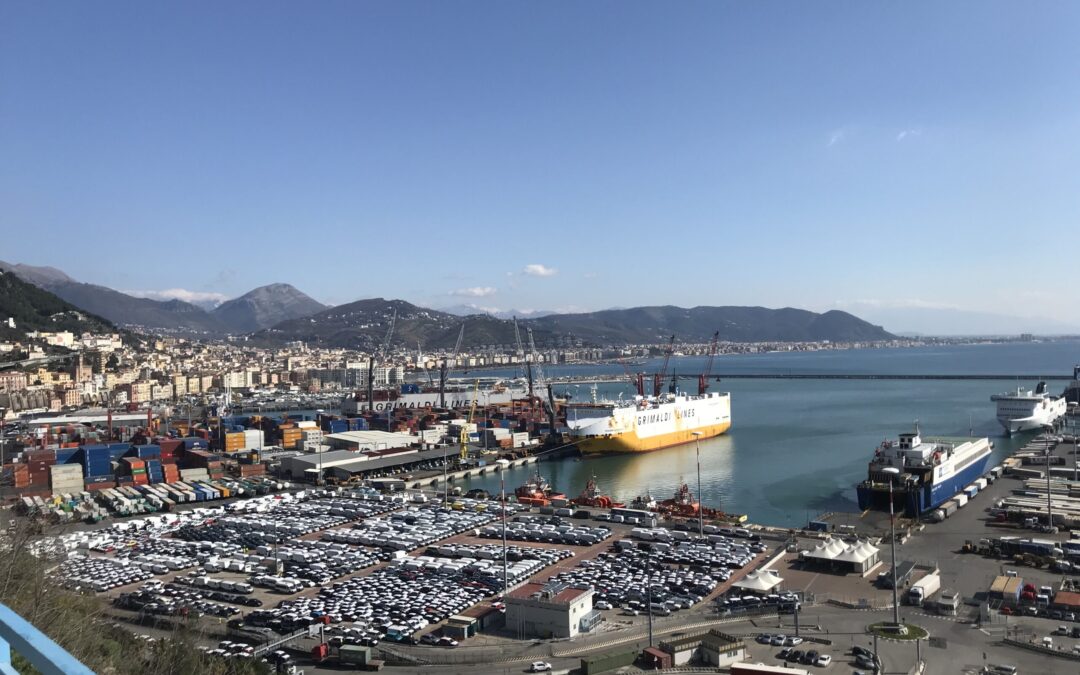The Ocean Shipping Reform Act (OSRA) 2022 was signed into law. The new legislation awards more power to the Federal Maritime Commission (FMC) and is supposed to help mitigate the ongoing disruption to U.S. supply chains. The Act also emphasizes the reliability of the marketplace as one of its purposes. Also, it prohibits common ocean carriers, marine terminal operators, or ocean transportation intermediaries from unreasonably refusing cargo space when available or resorting to other unfair or unjustly discriminatory and retaliatory methods. What does the New Ocean Shipping Reform Act mean for logistics leaders?
Refer to the article below from FIATA, the International Federation of Freight Forwarders Associations, for all the relevant information and main points. A guide for freight forwarders on its key impacts and next steps:
– The Act reins in the ocean carriers with increased oversight, with no phase-in period included within its provisions, meaning that any violations by carriers will result in immediate refund orders and even civil penalties. The Act mandates minimum service standards to be provided to the customers of ocean carriers and marine terminal operators.
Following are the main implementations :
- There is no obligation to pay detention and demurrage (D & D) charges imposed if any elements of a complete invoice, as defined in OSRA 20223, are missing. Mandatory elements to be included on the invoice include: dates of container availability, return date, time allowed in free days, its start and end date, and the applicable FMC demurrage and detention rule on which the daily rate was based amongst others. In this context, some ocean liners have been seeking guarantees to release containers while they assess their charges in compliance with OSRA 2022. Such guarantees will become unenforceable if the charges are found to be unreasonable.
- Carrier retaliation is clearly prohibited, addressing issues regarding fear of retaliation which has long been an issue for forwarders. Section 5 clearly prohibits carrier retaliation, where refusal of space or even a threat to retaliate is deemed an offense. This is complemented by the fact that now, the burden of proof lies with carriers when complaints are filed against them.
- The US-FMC is now equipped with an office of consumer affairs and dispute resolution. The office will help with mediation, facilitation and arbitration to resolve issues involving cargo shipments amongst other things. It should be noted that the office is limited to non-adjudicative ombudsman assistance, i.e., its findings are not a substitute for a court of law.
- Public disclosures outlining all findings of the FMC on false demurrage and detention invoice information and the penalties imposed or even assessed against common carriers, will be published and listed by each ocean carrier company. This exercise, published and updated annually, will help build the evidence that other jurisdictions can use as a lead to assess similar practices in their own territories.
- The FMC will retain its broad temporary emergency powers until the end of 2023 wherein it can start investigations, public consultations, and pass emergency orders to improve the fluidity of the supply chain. However, the changes on requirement for imposing D & D charges, as well as the FMC’s power to require essential elements of service contracts to make them mutually enforceable, are amongst the permanent benefits of this Act.
In addition, there are provisions directing authorities to examine the situation to improve chassis availability, increase technological capabilities at ports and improve inland ports to reduce congestions in the future.
Much like the emergency powers, many topics under the Act have clear deadlines and budgetary outlays for limited time culminating latest by 2026. Therefore, it is imperative for the athe entire logistics industry to participate in the rulemaking consultations and provide timely input to ensure a more fair, resilient, and sustainable supply chain for the future.
Next steps
Circa. 1 August 2022: FMC to initiate further rulemaking under section 41102(c) of title 46 on assessment of detention and demurrage charges. Final rule on this is to be made within a year of the OSRA, 2022, i.e., mid-June 2023
Mid-August 2022: Further rulemaking on unfair or unjustly discriminatory methods (no later than 60 days from enactment under section 41104 a (3) of title 46)9
Call for public comment on the maritime crises.10 The consultation will explore whether congestion of the carriage of goods has had a substantial adverse effect on the competitiveness and reliability of the international ocean transportation supply system, and whether an emergency order, the scope of which is open for discussion, under this section can alleviate the situation.
End 2022 : Rulemaking on unreasonable refusal to deal or negotiate with respect to vessel space, under section 41104(a) 10 is expected with similar timelines and a final outcome is expected by the end of 2022.11

